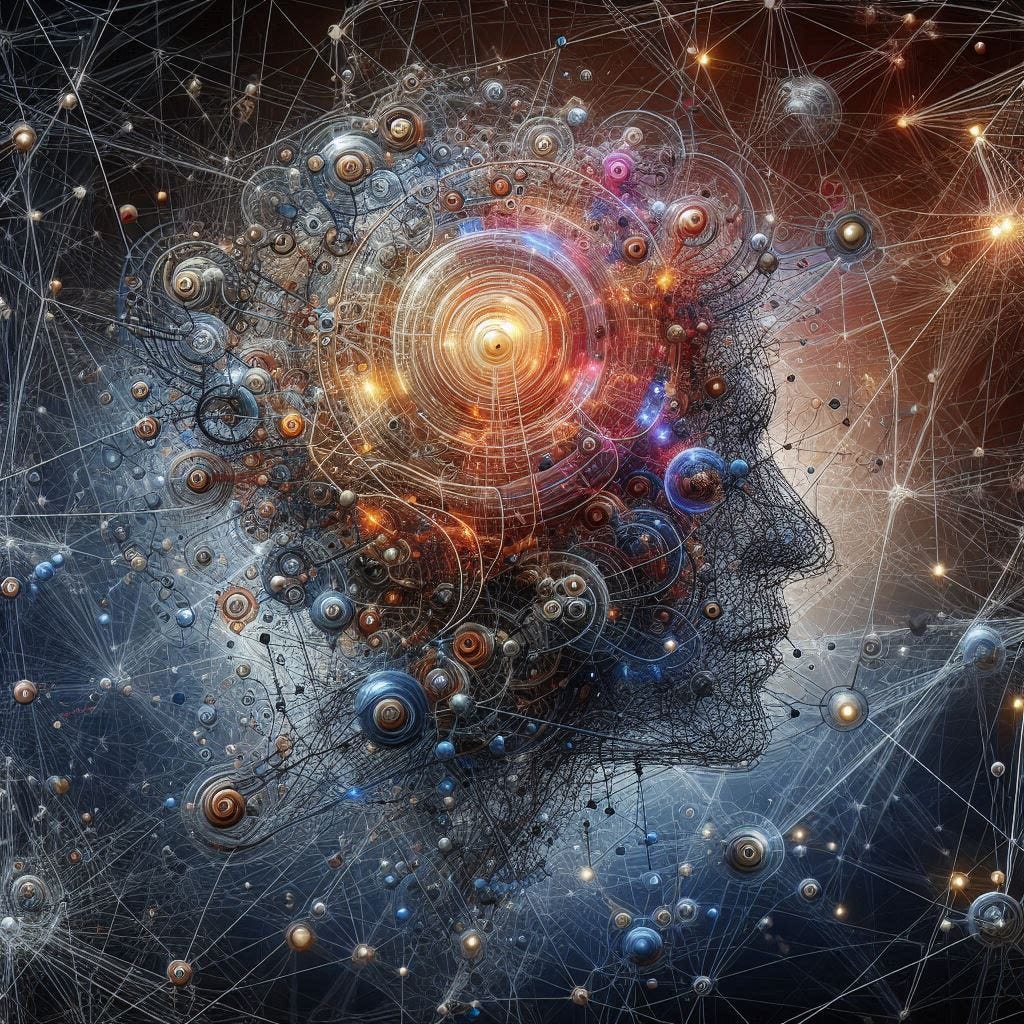Guest Editorial: Understanding the Impact of Large Language Models on Authenticity (Draft Essay)
Dr Azly Rahman
In recent years, large language models (LLMs) such as ChatGPT and Bard have revolutionized our interaction with technology, especially in communication and cognitive task execution. These advanced AI systems are substantially altering various industries, performing intricate cognitive functions while reshaping belief systems, thus invoking widespread discussions about their influence on authenticity in human expression and communication. The core premise of this essay delves into how these models process language, the inherent challenges to genuine human communication, and the broader implications for authenticity in interactions and decision-making.
Central to the power of LLMs is their ability to perform a multitude of tasks ranging from writing and translating to complex form comprehension. These capabilities stem from intricate training on expansive datasets, pushing the boundaries of what machines can accomplish. However, the opacity surrounding these underlying training processes highlights issues of transparency and raises questions about the authenticity of their outputs. This opacity mirrors the novice-expert issue in epistemology, where users struggle to evaluate the reliability of expert advice due to a lack of insight into the expert's procedures and datasets.
The use of LLMs in educational settings, as examined by Yan (2024), underscores similar concerns. The study highlights the educational potential of LLMs but also identifies significant ethical and practical barriers. A notable observation is the experimental status of many AI-driven educational tools, emphasizing a disconnect between technological advancements and their full integration into practical contexts. This is compounded by ethical challenges concerning transparency, privacy, and equality, which are paramount for authentic engagement between educators and learners.
Moreover, the rise of emotionally intelligent AI systems that attempt to mimic human empathy raises critical questions about true authenticity in human-AI interactions. While these systems can simulate empathetic responses, they lack the capacity for genuine emotional understanding—an attribute inherently human, steeped in complex social cues and personal experiences. The risk here lies in the potential for AI to foster emotional detachment and simulate empathy that is performative rather than genuine, thus impacting the authenticity of human-empathy interactions.
In exploring AI's role across various sectors, from healthcare to finance, the necessity of bridging the gap between technological development and ethical considerations becomes evident. As AI systems grow more pervasive, the focus must remain on maintaining human-centric interactions, where authenticity is preserved despite the digital intermediary. Ensuring transparency in AI processes and fostering public trust through robust ethical frameworks are essential steps in this direction.
Conclusion
The phenomenology of large language models highlights a formidable challenge on the path to achieving authentic communication between humans and machines. As LLMs continue to evolve and penetrate deeper into various sectors, it becomes imperative to address issues of transparency, empathy, and ethical responsibility. These areas require continuous examination to ensure that the authenticity of human expression is preserved amidst the advancing interplay between human and artificial intelligence. Achieving this balance will entail leveraging AI's capabilities while maintaining a human-centered approach capable of nurturing genuine interactions and ethical use of technology.
Dr Azly Rahman
Chair of Social Studies, Author, Academic, International columnist, curriculum designer, Author with Penguin Random House and Gerakbudaya. A doctorate in International Education Development (Columbia U.) and Masters in six areas: Education (Ohio U.), International Affairs (Ohio U), Communication (Columbia U), Peace Studies (Columbia U), and a double concentration MFA in Creative Non-Fiction Writing (2018) and Fiction Writing (2019).
Subscribe Below:




